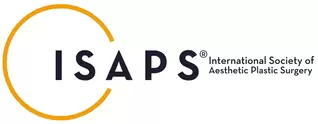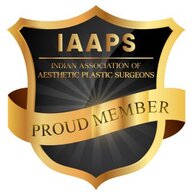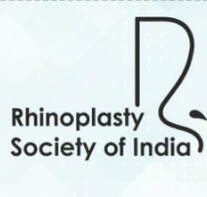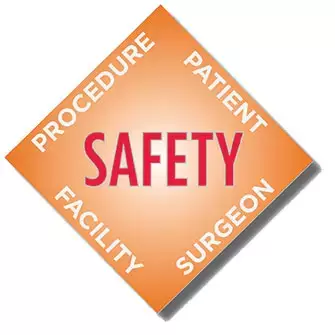AV Fistula (for Dialysis)
What is an AVF?
Arteriovenous fistula or AVF refers to a communication between an artery and a vein. It is surgically created as an access point for hemodialysis. An AVF helps us achieve large flow volumes in a superficial (just under the skin) vein. This is used as an access for hemodialysis. A technician can connect the dialysis machine to the patient through an AVF with the help of removable needles.
An alternative to a surgically created AVF would be the use of indwelling catheters. These have several disadvantages when compared to a well-functioning AVF.
How is an AVF surgery performed?
An AVF is usually done under local anesthesia. A preoperative ultrasound examination helps us in the selection of an appropriate site for an AVF. The surgery involves stitching up an artery to a vein using small sutures. It can take several hours to perform. Patients can return home after observation. The wounds are inspected and dressings are changed. The sutures on the skin are removed in 2 weeks.
When can an AVF be used for hemodialysis?
We usually wait approximately 6 weeks after surgery for the fistula to mature. It can be used after this period. An AVF needs to be created well in advance for the fistula to work well and mature.
What are the common sites for an AVF?
The common sites for the creation of an AVF include,
What are the advantages of having a functioning AVF over an indwelling catheter?
The advantages include the following,
What are the precautions to take for a successful outcome with AVF?
Patients should not postpone the AVF surgery unnecessarily. Chronic kidney disease patients may have episodes of emergency hospital visits for various reasons. Such admissions may result in the exhaustion of potential veins for AVF. Also, patients should avoid any puncture of the veins (for investigations or access) in the extremity being planned for AVF.
What are the possible complications of AVF surgery?
These include the following:
The incidence of complications is less. However, the advantages of a well-functioning AVF far outweigh the potential complications.
Arteriovenous fistula or AVF refers to a communication between an artery and a vein. It is surgically created as an access point for hemodialysis. An AVF helps us achieve large flow volumes in a superficial (just under the skin) vein. This is used as an access for hemodialysis. A technician can connect the dialysis machine to the patient through an AVF with the help of removable needles.
An alternative to a surgically created AVF would be the use of indwelling catheters. These have several disadvantages when compared to a well-functioning AVF.
How is an AVF surgery performed?
An AVF is usually done under local anesthesia. A preoperative ultrasound examination helps us in the selection of an appropriate site for an AVF. The surgery involves stitching up an artery to a vein using small sutures. It can take several hours to perform. Patients can return home after observation. The wounds are inspected and dressings are changed. The sutures on the skin are removed in 2 weeks.
When can an AVF be used for hemodialysis?
We usually wait approximately 6 weeks after surgery for the fistula to mature. It can be used after this period. An AVF needs to be created well in advance for the fistula to work well and mature.
What are the common sites for an AVF?
The common sites for the creation of an AVF include,
- Distal forearm. Between the radial artery and cephalic vein.
- Elbow. Between the brachial artery and median cubital vein.
What are the advantages of having a functioning AVF over an indwelling catheter?
The advantages include the following,
- Easy to take care of the AVF. It usually does not require any special care. Dressings are not needed after suture removal.
- It lasts longer when compared to an indwelling catheter.
- A better quality of life. Patients have a better quality of life. They are not impaired from routine activities like bathing and driving.
- A catheter can pose a risk of infection. This is not seen in an AVF.
What are the precautions to take for a successful outcome with AVF?
Patients should not postpone the AVF surgery unnecessarily. Chronic kidney disease patients may have episodes of emergency hospital visits for various reasons. Such admissions may result in the exhaustion of potential veins for AVF. Also, patients should avoid any puncture of the veins (for investigations or access) in the extremity being planned for AVF.
What are the possible complications of AVF surgery?
These include the following:
- Infection
- Hematoma and bleeding
- Swelling of the affected limb
- Inadequate flow in the AVF
The incidence of complications is less. However, the advantages of a well-functioning AVF far outweigh the potential complications.



